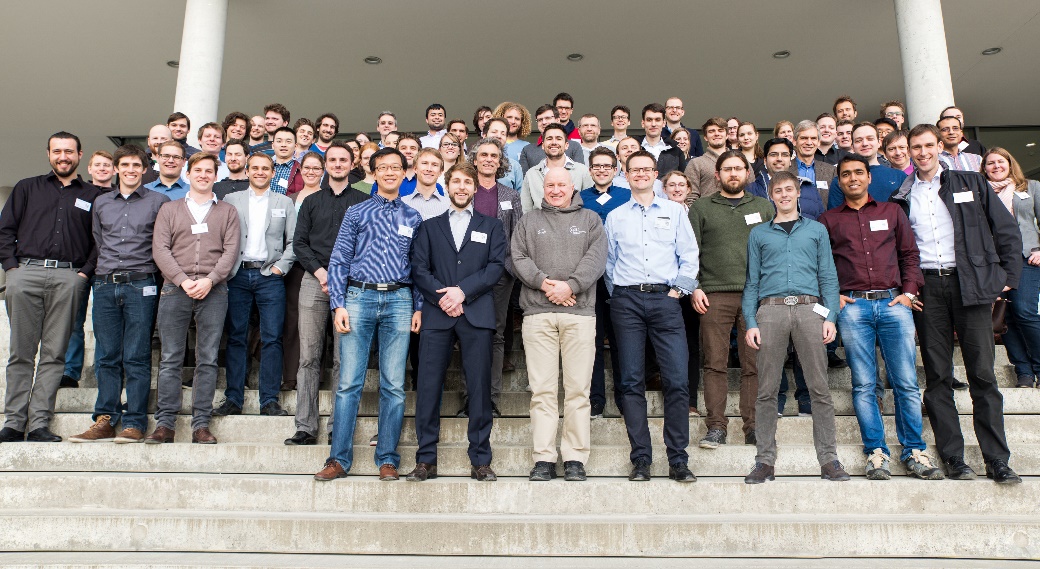ECS would like to formally commend the University of South Carolina for being presented the Outstanding Student Chapter Award this year at PRiME 2016! The chapter has proven an incredible asset to the organization, and it was an honor to recognize its prodigious achievements.
The Outstanding Student Chapter Award was established in 2012 to recognize distinguished student chapters that demonstrate active participation in The Electrochemical Society’s technical activities, establish community and outreach activities in the areas of electrochemical and solid state science and engineering education, and create and maintain a robust membership base.
The award consisted of a recognition plaque, $1,000 toward student chapter funding, and chapter recognition in Interface.



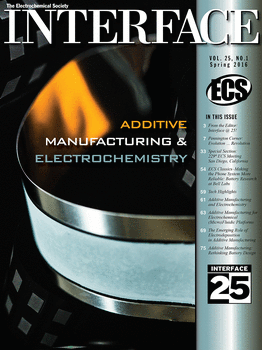 Calling all ECS members! Has your section or student chapter achieved something momentous in recent months, or will it do so before mid-October? Tell us about it and you just might see your submission published. ECS wants to highlight YOUR news in the Winter 2016 edition of
Calling all ECS members! Has your section or student chapter achieved something momentous in recent months, or will it do so before mid-October? Tell us about it and you just might see your submission published. ECS wants to highlight YOUR news in the Winter 2016 edition of 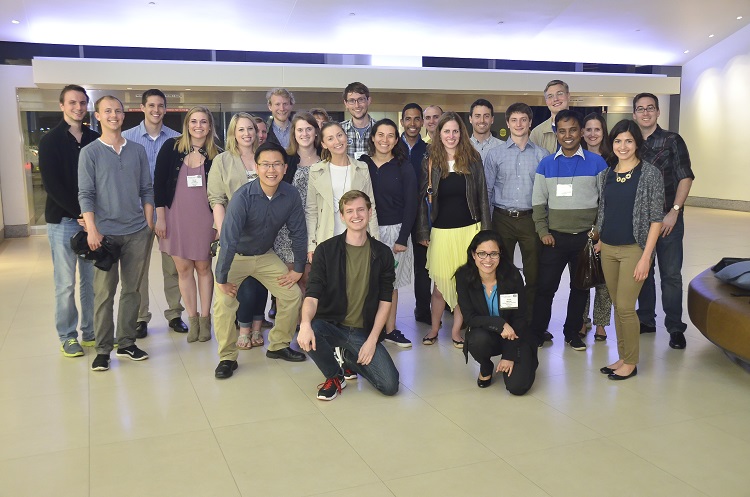
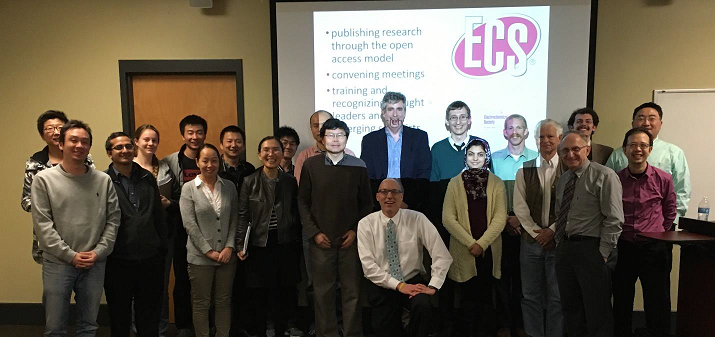
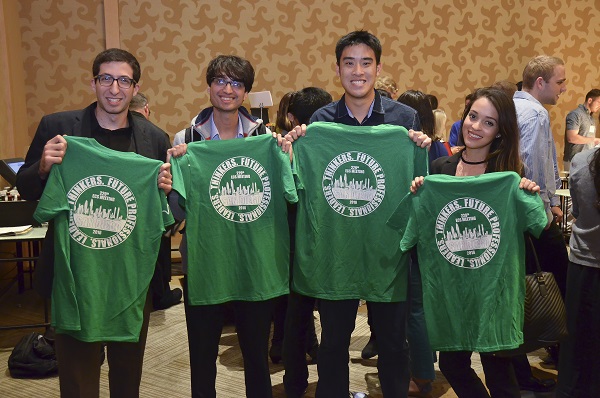
![Pictured (from left to right): Mahsa Lotfi Marchoubeh, Leanne Mathurin, Isaac Taylor, and Haitham Kalil[Click to enlarge]](https://www.electrochem.org/wp-content/uploads/2016/06/IMG_1530.jpg)
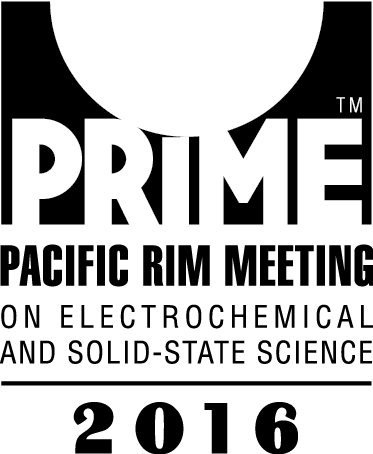 Don’t miss out on your chance to receive an
Don’t miss out on your chance to receive an 